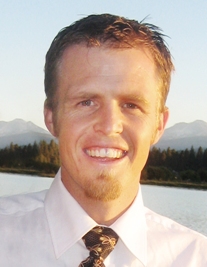Collective Impact Director
On Friday May 4th, hundreds of educators, afterschool providers, CLC coordinators, nonprofit employees, and others gathered for an amazing conference titled, “Engaging Families and Communities to Support Youth Success.”
The conference was hosted by the Utah Afterschool Network and The Leadership Academy, which is a joint effort of the Utah Afterschool Network, Westminster College, Utah State Office of Education, Department of Workforce Services, Office of Work and Family Life, United Way of Salt Lake, and Afterschool Utah Association. Speakers at the conference included Rosemarie Hunter, director of Utah Neighborhood Partners, Irene Fisher of the Bennion Center, Mayor Cherie Wood of South Salt Lake, McKell Whithers, superintendent of Salt Lake School District, and our very own CLC coordinators, Anne Schmidt from Kearns Junior High, and Merri Ann Perkins from Davis Community Learning Center.
The conference was a resounding success by all accounts. Irene Fisher began the day by recalling United Way’s community dialogues which occurred several years ago and the powerful consensus that participants agreed upon: that all the money in the word cannot fix systemic social problems once they exist; that instead we, as community change agents, need to “get in front of these issues” before they begin and tackle them that way. Only then will we see lasting change. Ms. Fisher also noted that at times we may feel like we are wandering in the dark, with only a flashlight to guide us. But with every couple of steps forward, our flashlight lights up a few more feet ahead of us, so we are able to make steady progress, even though we can’t see our entire path from the outset.
Another big theme that was reiterated throughout the conference was the importance of relationships. Time and again presenters reflected on the critical role this has played in their success, and that we should not go about our work with the notion that “increasing parent engagement” will lead to better outcomes, but instead focus on building relationships. If we build authentic relationships with the parents and community members, parent engagement will naturally follow. But, the opposite is not true. If we focus our efforts on increasing parent engagement, in the absence of real relationships, we will neither generate parental involvement nor create stronger relationships. Relationships come first, then trust, then increased parental engagement, and finally better outcomes for children and their families.
All in all, it was a remarkable day. The presenters were knowledgeable and organized, offering practical solutions to participants for both the short term and long term. The opening and closing sessions were excellent as well, full of both inspiration and information to help us all.
Thanks to everyone who played a part in organizing this event–it was an honor to attend!

